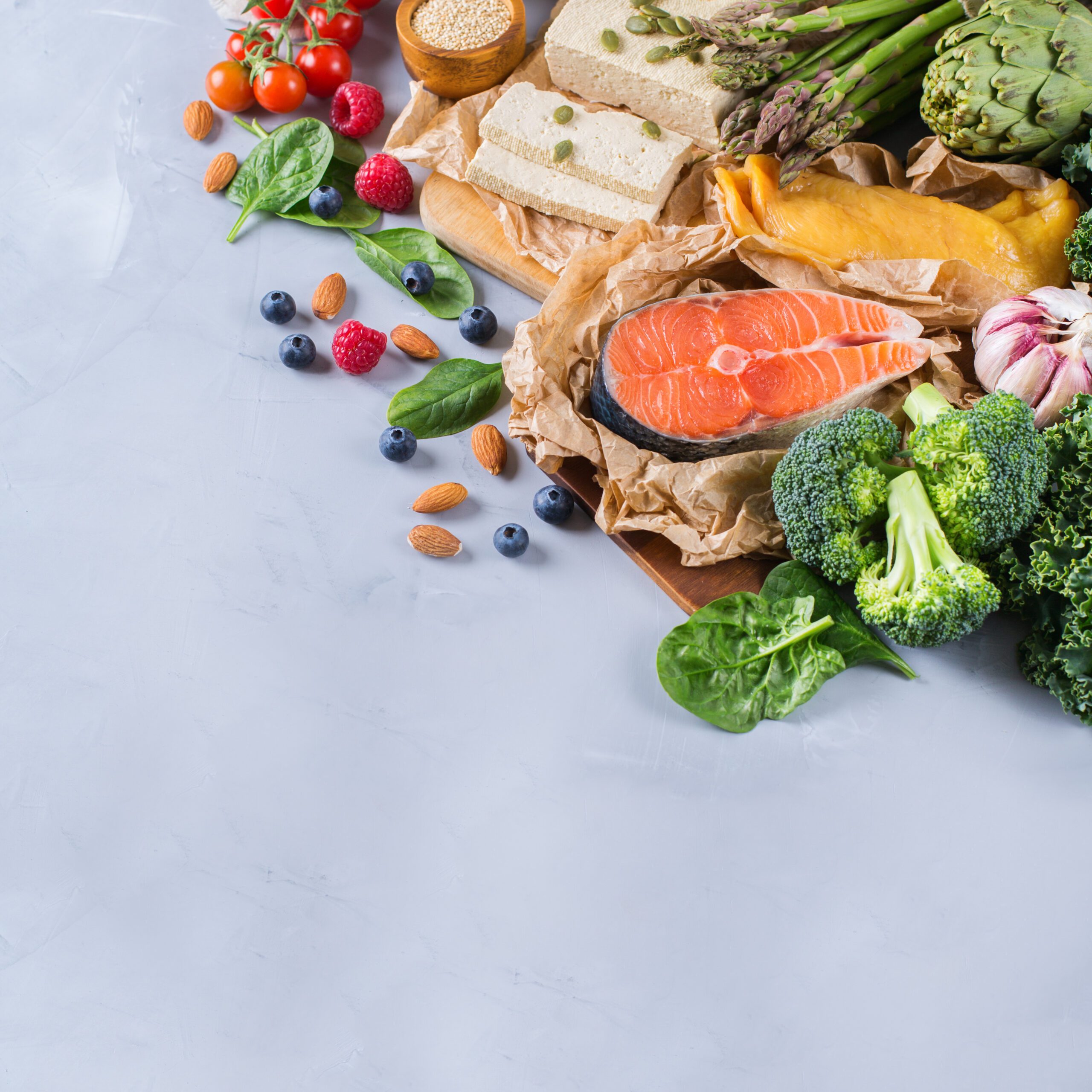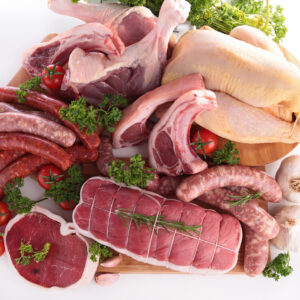
Written by: Jack Riess, NASM Certified Personal Trainer and Life-long scholar of Health/Longevity Research.
Many foods prevalent in our diets can sabotage our weight loss efforts due to their high calorie content and lack of nutritional value. Understanding which foods to avoid can accelerate your weight loss journey and foster better health.
Processed foods, saturated with sugar, sodium, and unhealthy fats, are notorious for their high calories and low nutrients. They can lead to weight gain and health complications like heart disease and type 2 diabetes. Foods made with processed white flour, like white bread and pasta, are stripped of their fiber and nutrients, causing quick blood sugar fluctuations that can spike hunger and cause overeating.
High-sugar foods can also burden your liver, forcing it to convert the sugar into fat, leading to weight gain and potential insulin resistance. Avoiding these foods is crucial for weight loss success and overall health improvement.
Let’s delve into 24 foods to avoid when trying to lose weight and why steering clear of them benefits your weight loss goals:
Remember, successful weight loss isn’t just about cutting out certain foods—it’s about creating a balanced, nutritious diet that you can maintain long term.
When you make mindful choices about what you eat and combine them with regular physical activity, you’ll set yourself up for sustainable weight loss success.
Substitute these high-calorie culprits with wholesome, nutritious alternatives for a healthier, leaner you. Fresh fruits and vegetables, lean proteins, and whole grains can satisfy your cravings and keep you feeling full for longer.
In your weight loss journey, every little food choice matters, and steering clear of these 24 foods is a solid step toward your goal. Remember to embrace the journey, enjoy the process, and focus on nourishing your body with what it needs to thrive.
Remember to check back here for more weight loss tips and tricks to support your healthy lifestyle. We’re here to help you succeed. Until next time, stay committed to your goals, and keep prioritizing your health!
Want something that will make your weight loss journey incredibly easier? CLICK HERE for this new “Reverse Munchies” breakthrough in weight loss that is taking the world by storm. You won’t regret it.


In recent years, seed milks have gained popularity as a nutritious and eco-friendly alternative to dairy and other plant-based milks. Marketed as a healthy option, these beverages are often touted for their rich nutrient profiles and sustainability. However, a closer look reveals that not all seed milks are created equal. Many contain hidden ingredients and […]


NOTICE TO THE PUBLIC! A vast array of products seen in American grocery stores are notably absent on European shelves. This is not due to a lack of international trade but rather stringent food safety regulations in the European Union. Many popular American foods are banned in Europe due to concerns about health risks and […]


Did you know that there lurks an invisible ingredient in meat that has been raising health concerns —It is called meat glue- scientifically known as transglutaminase? Transglutaminase is an enzyme used to bind pieces of meat together to create larger, more uniform cuts that creates a seamless appearance. According to the American Meat Institute, it […]